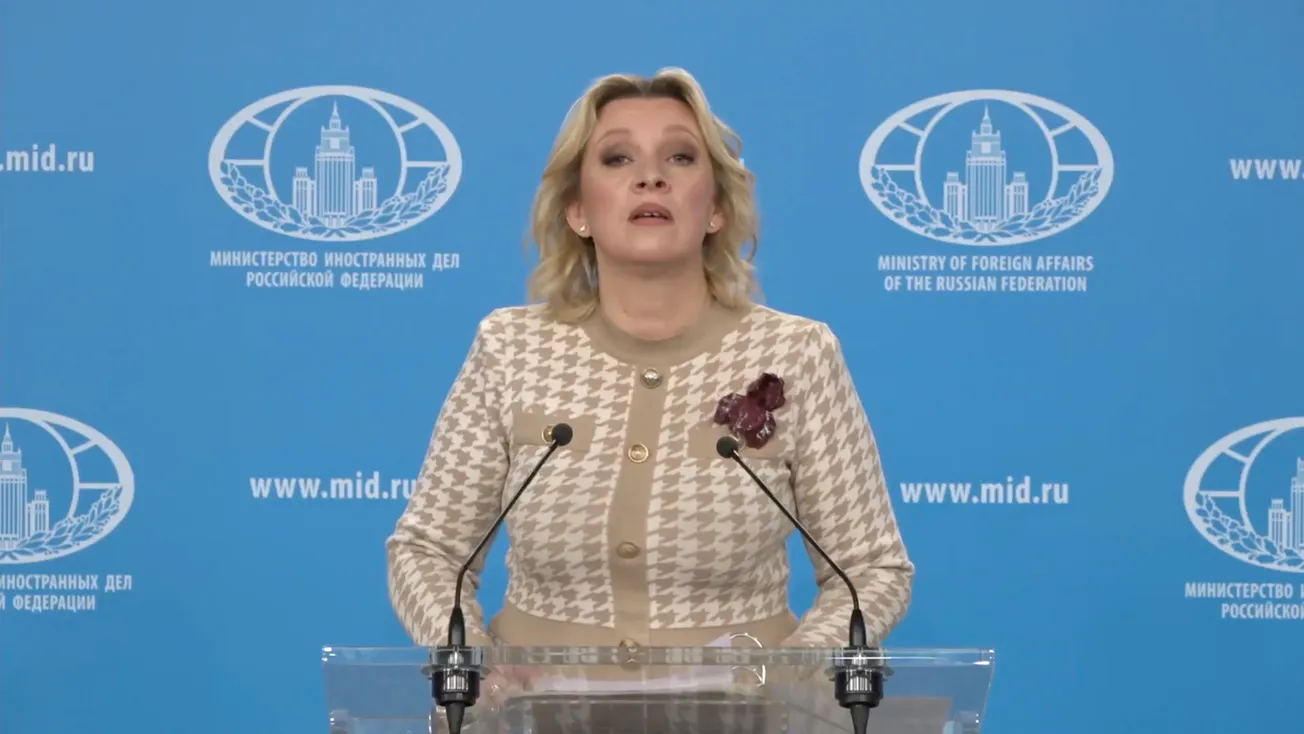A call for real regulation of the financial sector appeared in Germany’s Frankfurter Rundschau yesterday, in an interview with Gerhard Schick, the financial policy spokesman of the Greens’ Bundestag group from 2007 to 2017. Saying that, while there is no crystal ball that would tell when the next crisis will come, it is a fact that “there has been a bailout in the financial sector almost every year since 2007.” Neither that, nor major interventions by central banks to cushion crises, has overcome the crisis: “After all, nothing has changed in terms of the instability of the financial system,” Schick says at the beginning of the interview, since the “separation banking system was not introduced, i.e., the split into investment banks and commercial banks.”
“In the 1950s to 1970s, financial markets were much more regulated: fixed exchange rates, a ‘separation’ [Glass-Steagall] banking system in the U.S., insurance products had to be approved, and so on. There were no relevant financial crises during that period. Then came deregulation and the system became uncertain. Of course, there will never be 100 percent protection against financial crises. But there is also no 100 percent certainty that you won’t get tooth decay even though you brush your teeth every day. And yet most people brush their teeth at least once a day because it reduces the risk. And that’s what it’s all about: using good, hard rules to massively reduce the risk of financial crises. If the wobbling of a small bank causes concern everywhere, it can only be because the entire system is unstable,” Schick explains.




